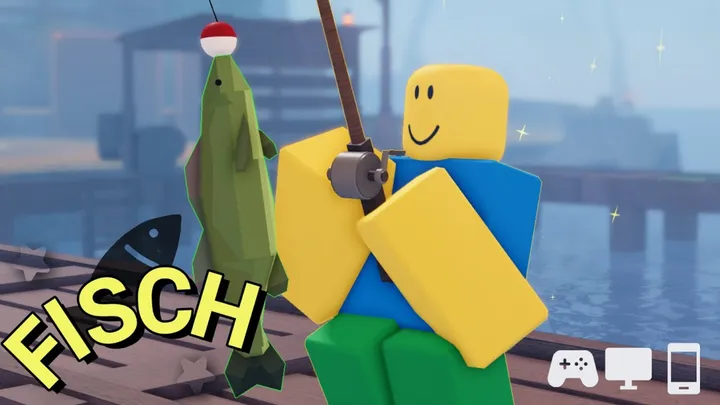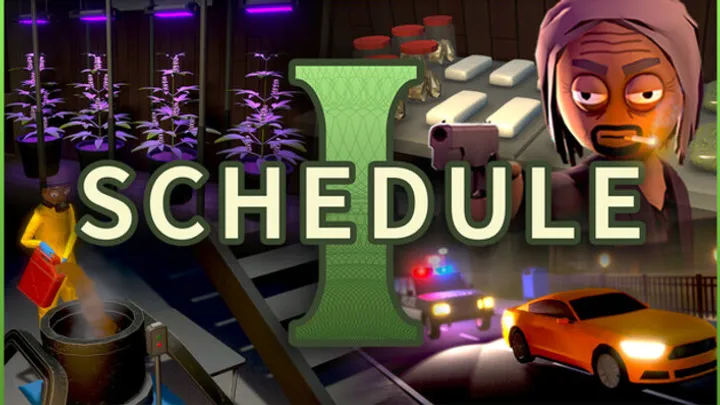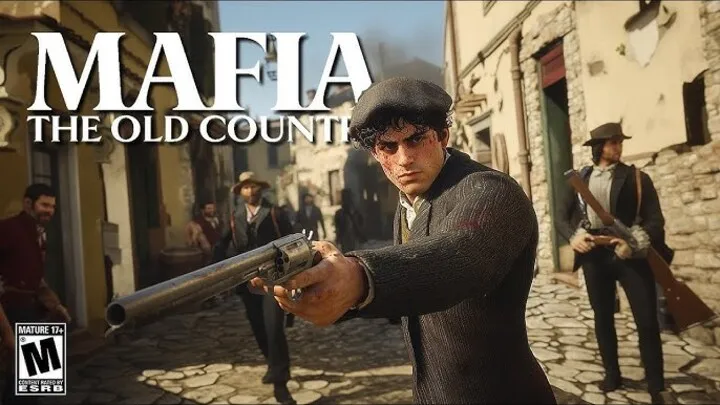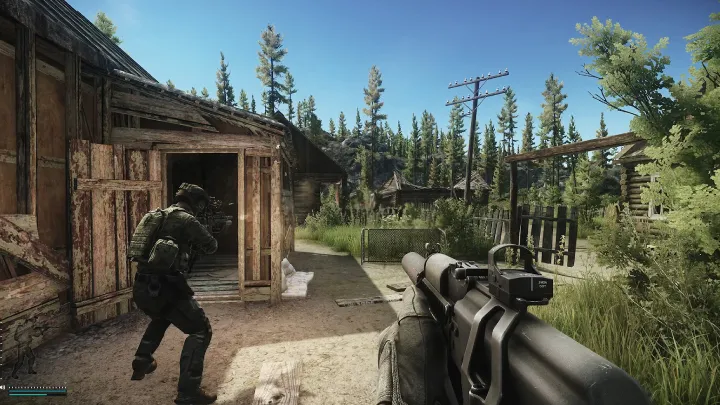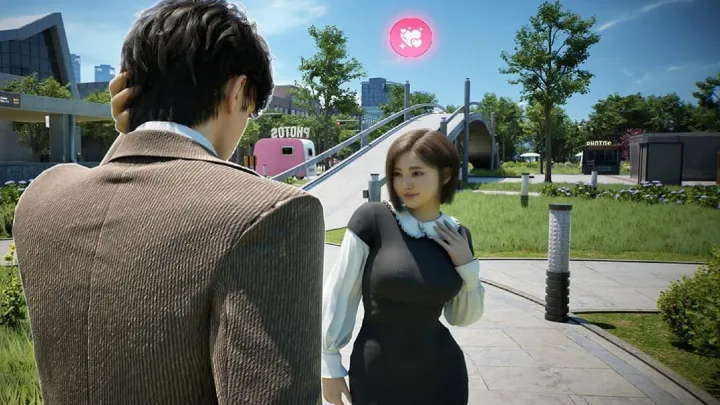The Witcher 4, the highly anticipated continuation of CD Projekt Red’s iconic fantasy RPG saga, takes the legacy of Geralt of Rivia to new heights. Set in a vast open world filled with political intrigue, monsters, and moral complexity, this game challenges players to make decisions that shape the world around them. Whether you are a newcomer to the series or a veteran of The Witcher 3, learning how to play The Witcher 4 effectively is essential to enjoying its deep story and dynamic combat.
This comprehensive guide covers everything from the basics of character creation and combat to alchemy, exploration, and mastering your Witcher skills. Prepare yourself to step into a world of monsters, mystery, and consequence.
Understanding The Witcher 4’s Core Gameplay
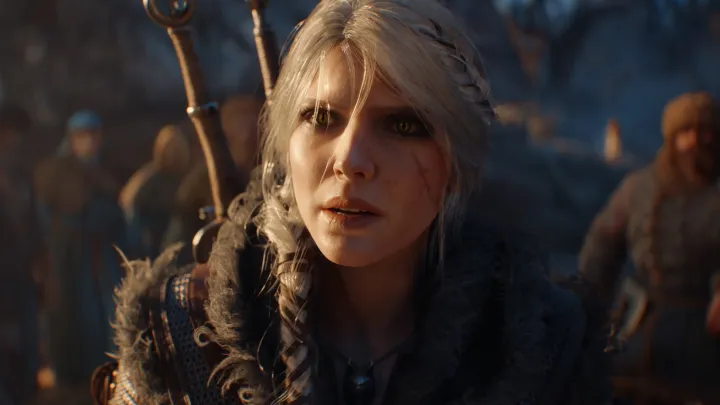
The Witcher 4 blends role-playing, action, and narrative-driven gameplay into a seamless experience. Players assume the role of a Witcher—a monster slayer for hire—who traverses a world torn by war, corruption, and ancient magic.
The gameplay revolves around three main pillars: combat, exploration, and decision-making. Every choice you make, from dialogue to battle strategy, has real consequences that affect the game’s outcome.
The world is larger and more reactive than ever before, featuring dynamic weather, evolving ecosystems, and factions that respond to your reputation. Understanding these core systems will help you navigate the game’s challenges efficiently and immerse yourself fully in its narrative depth.
Creating and Customizing Your Witcher
The Witcher 4 introduces a deep character creation system, allowing players to customize their Witcher’s appearance, abilities, and even background.
At the beginning of the game, you can select your Witcher school affiliation—each one offering unique bonuses and fighting styles:
- School of the Wolf: Balanced combat, suited for traditional players.
- School of the Cat: Emphasizes agility, speed, and stealth.
- School of the Bear: Focused on strength and defense.
- School of the Griffin: Specializes in magic and Sign use.
Your chosen school affects not only your combat skills but also dialogue options and quest opportunities. Players can also customize facial features, scars, and gear aesthetics, allowing you to create a truly personal Witcher identity.
Invest time in experimenting with skill trees early in the game to find your preferred balance between swordsmanship, alchemy, and magic.
Mastering Combat Mechanics
Combat in The Witcher 4 has evolved significantly, offering a more fluid and tactical system than its predecessors. Players can combine light and heavy attacks, dodge, parry, and utilize magical Signs to gain an advantage over enemies.
Each monster type requires a unique strategy. For example:
- Werewolves are vulnerable to silver swords and Moon Dust bombs.
- Vampires can be weakened by Igni and Vampire Oil.
- Specters can be dispelled using the Yrden Sign.
Timing and positioning are crucial. Overconfidence can lead to quick death, especially against multiple enemies or elite monsters. Always observe your opponent’s attack patterns and exploit weaknesses.
Upgrading your weapons and armor regularly ensures you can face stronger enemies as the game progresses. Visit blacksmiths to craft or enhance gear using rare materials found during exploration.
Exploring the Open World
The Witcher 4’s world is enormous, filled with diverse regions—dense forests, war-torn cities, mountains, and ancient ruins. Exploration plays a vital role in discovering side quests, hidden treasures, and lore-rich secrets.
When exploring, pay attention to environmental cues. Animal tracks, blood trails, and sounds can lead to hidden monsters or abandoned camps. Use your Witcher senses to detect clues during investigations and uncover hidden loot.
Fast travel points are scattered throughout the world but discovering them requires exploration. Mounts, boats, and magical portals can help you traverse long distances quickly. However, wandering off the beaten path often rewards you with rare items and intriguing stories.
Using Alchemy and Crafting to Survive
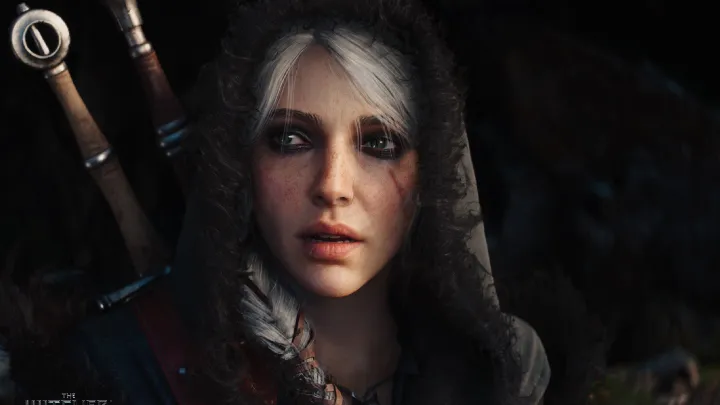
Alchemy is a core aspect of being a Witcher. Potions, bombs, and oils provide powerful buffs and combat advantages.
Common alchemical tools include:
- Potions: Enhance attributes like health regeneration or stamina.
- Bombs: Damage or disable enemies (e.g., Grapeshot, Dimeritium Bomb).
- Oils: Coated on weapons to deal bonus damage against specific monsters.
To craft these items, collect herbs, monster parts, and rare ingredients from the environment. Alchemy tables found in inns or Witcher camps allow you to brew potions safely.
Crafting also extends to gear. Smiths and armorers can create specialized Witcher sets that provide bonuses based on your combat style. Always repair and upgrade your equipment to maintain optimal performance in battle.
Making Choices and Shaping Your Story
The Witcher 4 continues the series’ legacy of morally complex storytelling. Every choice you make influences relationships, political outcomes, and even the fate of entire regions.
Unlike simple good-or-evil systems, decisions in The Witcher 4 are shades of gray. Choosing to save one village may lead to another’s downfall. Sparing a monster could bring long-term consequences later in the story.
To make informed choices:
- Read journal entries and listen to NPCs carefully.
- Consider potential ripple effects before acting.
- Reflect on your character’s Witcher school philosophy.
These decisions contribute to one of multiple endings, making each playthrough unique. Your moral compass—and how you wield it—defines your Witcher’s legacy.
Managing Skills, Signs, and Progression
Progression in The Witcher 4 revolves around experience points earned through combat, quests, and exploration. You can allocate skill points into three main categories: Combat, Signs, and Alchemy.
- Combat skills enhance swordsmanship, dodging, and critical hits.
- Signs improve magical abilities, allowing for stronger spells like Igni, Aard, or Quen.
- Alchemy boosts potion effects and crafting efficiency.
Experimenting with hybrid builds often yields powerful results. For example, combining Sign mastery with Combat can make you a deadly spellblade.
Additionally, the game introduces new Signs exclusive to The Witcher 4, such as Tempest (weather manipulation) and Shade (shadow stealth), offering innovative combat strategies.
Hunting Monsters and Fulfilling Contracts
Monster contracts remain a defining element of Witcher life. These quests involve tracking, studying, and defeating dangerous creatures in exchange for coin and reputation.
To hunt efficiently:
- Gather information from locals and books.
- Use Witcher senses to follow tracks and clues.
- Prepare by applying oils and potions specific to the monster type.
Each contract offers unique challenges and lore. Some monsters can be reasoned with, while others require brute force. Deciding whether to kill or spare certain creatures adds moral depth to the gameplay.
Completing contracts not only rewards you with gold but also improves your standing among towns and factions, unlocking better gear and opportunities.
Building Relationships and Side Quests
Beyond combat, relationships are a key aspect of The Witcher 4. Characters remember your actions and respond differently depending on your choices.
Romantic options, friendships, and rivalries can all shape the emotional tone of your journey. Building trust with allies often leads to new quests, while betrayal or neglect may close off entire storylines.
Side quests in The Witcher 4 are more detailed than ever. Many are multi-layered, involving investigations, moral choices, and branching outcomes that connect to the main narrative. Completing them not only enriches the world but provides valuable experience, resources, and lore.
Endgame and Long-Term Strategy
As you reach the later stages of The Witcher 4, the game opens up to more strategic elements. You may lead Witcher factions, influence kingdoms, or even train apprentices.
Endgame activities include:
- Grand hunts for legendary beasts.
- Rebuilding Witcher schools.
- Political negotiations and alliances.
- High-level crafting and enchanting.
Your actions throughout the game determine which factions ally with you and which turn against you. The endgame also features dynamic world events that react to your past decisions, offering unparalleled replay value.
Strategically balancing diplomacy, combat, and morality ensures a satisfying conclusion to your Witcher journey.
Conclusion
The Witcher 4 offers a masterful blend of storytelling, combat, and exploration, pushing the boundaries of what a role-playing game can be. Learning how to play it effectively means understanding its systems, embracing its complexity, and making every choice count.
As a Witcher, you are more than a warrior—you are a symbol of balance in a chaotic world. Every monster slain, every decision made, and every relationship built contributes to your legend.
Whether you walk the path of the Wolf, Cat, Bear, or Griffin, your destiny is shaped by your actions. The Witcher 4 invites you to live that destiny fully, forging a tale that will be remembered for ages.
Summary :
Master combat, choices, and exploration in The Witcher 4. Learn how to survive, craft, and shape your destiny as a true Witcher in this epic RPG adventure.


